Afghan Women Speak Out About Life and Resistance Two Years After the Taliban Takeover

UNITED NATIONS, Oct 06 (IPS) - The Taliban takeover of Afghanistan on 15 August 2021 has devastated millions of Afghanis. But women and girls have been particularly affected by progressively restrictive decrees that have created a virtual system of gender apartheid.
The stories of more than 50 women living in Afghanistan are featured on the new After August website – a collaboration between UN Women Afghanistan, Zan Times, Limbo, and independent storytellers. These unvarnished stories capture the fear, hardship, and sense of loss that shapes their lives, but also their strength, resistance, and resilience.
A few excerpts:
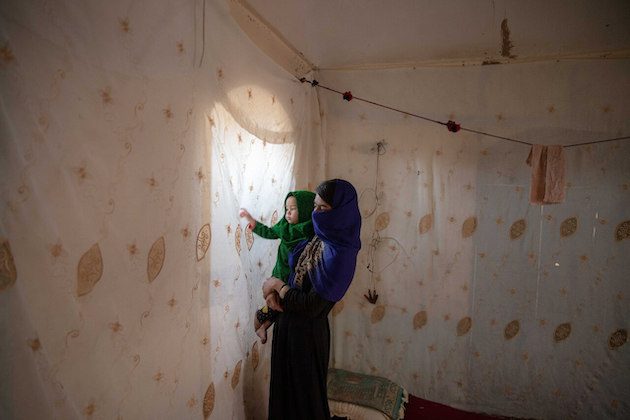
“I sold my daughter out of poverty and desperation. I sold her so that the rest of the family wouldn’t starve to death… If I do not receive any aid, I will have to sell another daughter. I have a one-year-old daughter. I will take her to the city and auction her off in front of the Central Mosque. The older girls are sold off for 100,000 Afghani. I will sell my baby daughter for 50,000.” —Belquis, a mother from Ghor
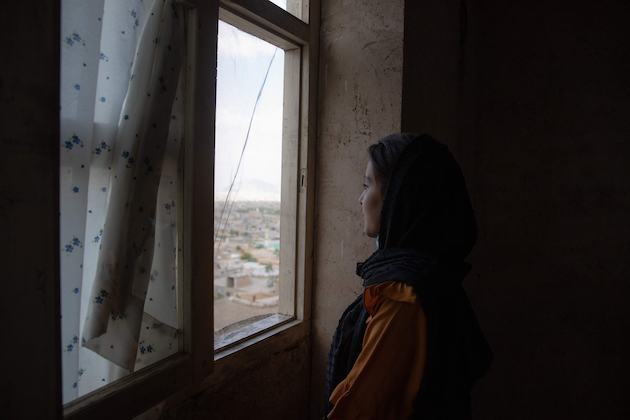
“Every day, I hugged my two children. I was afraid that the Taliban would take them from me. But consciously, responsibly, and honestly, I went to the streets every day to fight even harder than the day before ... The Taliban surrounded us many times and tried to stop us with electric shocks and pepper spray, but we picked up their rifles with our bare hands and continued marching.” —Adela, a teacher and protester from Kabul
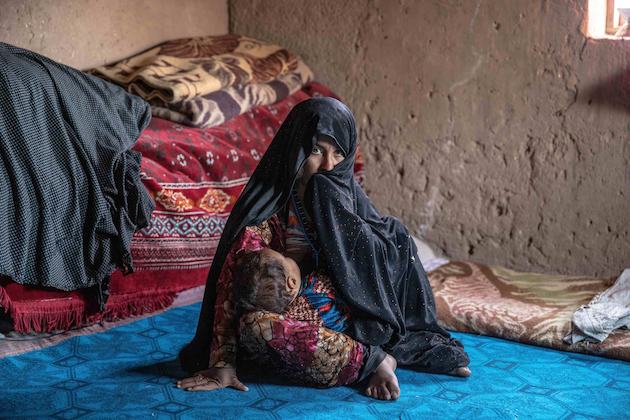
“In the past, I used to share my feelings on social media with my friends, but today the atmosphere of fear and mistrust has deepened so much that I cannot share my pain with my friends. I have never felt so alone. Many times, I have decided to end my life, but I think about the fate of my son.” —Hira, a former public servant from Kunar

“It is natural that fighting in the current situation also brings risks, but my life is sweeter as a woman who takes risks and has made sacrifices, even if this leads to my isolation and loss of neutrality. Changing society can only happen with our own awareness and efforts. I want a free life, the right to choose clothing, the right to choose a profession, the right to choose a field of study, the right to work.” —Amina, an engineer and activist from Langman
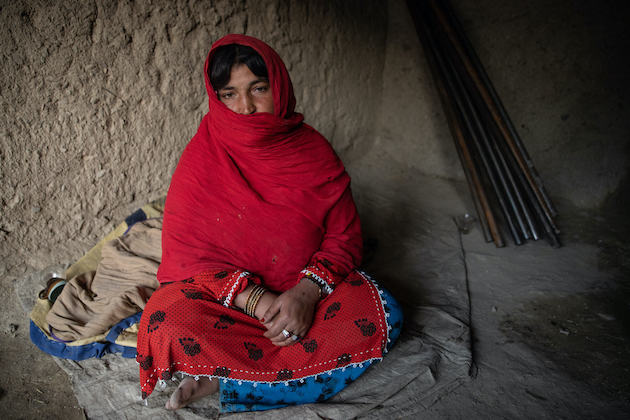
“Afghanistan has become the graveyard of buried hopes. This past year was one of the most challenging years of all for people living here, particularly for women and girls. They have turned thousands of young people’s hopes and dreams into ashes, especially women and girls, and I am one of them.” —Ghotai, a computer science student from Baghlan
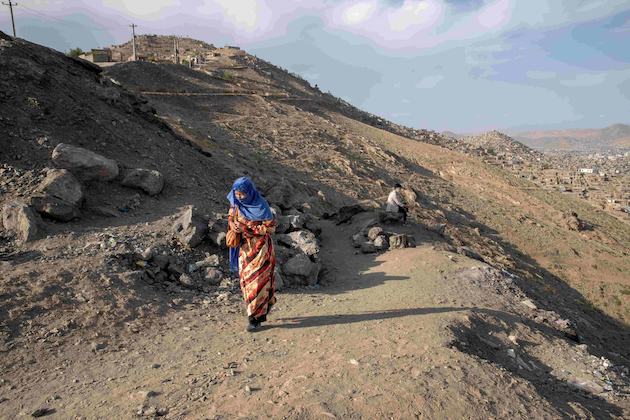
“When we were children, children would hit animals and dogs with stones and harass them. Now this is the situation for women in my country. Being insulted and humiliated is the biggest change that we women see in our lives.” —Amina, a psychotherapist from Zabul
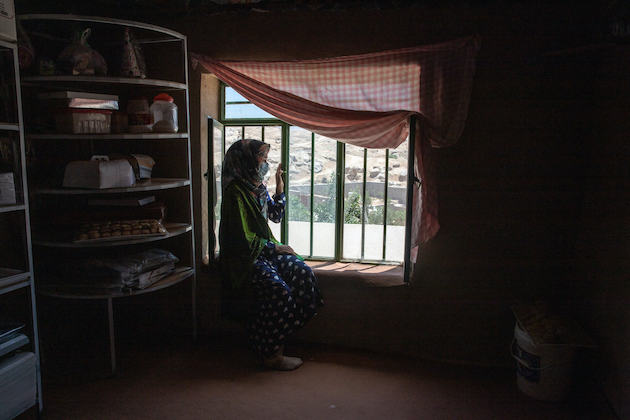
“I am standing up for my sisters who have no support and whose men cannot raise their voices because they fear the Taliban. I want to raise the voices of these innocent women to the international community so that it no will longer just monitor and react, but instead act. Act for the benefit of the brave women of my country, because we do not get anything from reaction!” —Fatana, a protester from Nuristan
Echoing the words of Fatana, this collection aims to raise awareness and incite an international audience to reflect and, hopefully, to act.
Note: These first-person accounts have been anonymized, with names and locations changed to protect their identity. The photographs of women have also been randomly matched to stories.
**The views expressed in these stories belong to the authors and do not necessarily reflect the views of UN Women and/or any affiliated agencies.
IPS UN Bureau Report
Follow @IPSNewsUNBureau
Follow IPS News UN Bureau on Instagram
© Inter Press Service (2023) — All Rights Reserved. Original source: Inter Press Service
 Global Issues
Global Issues